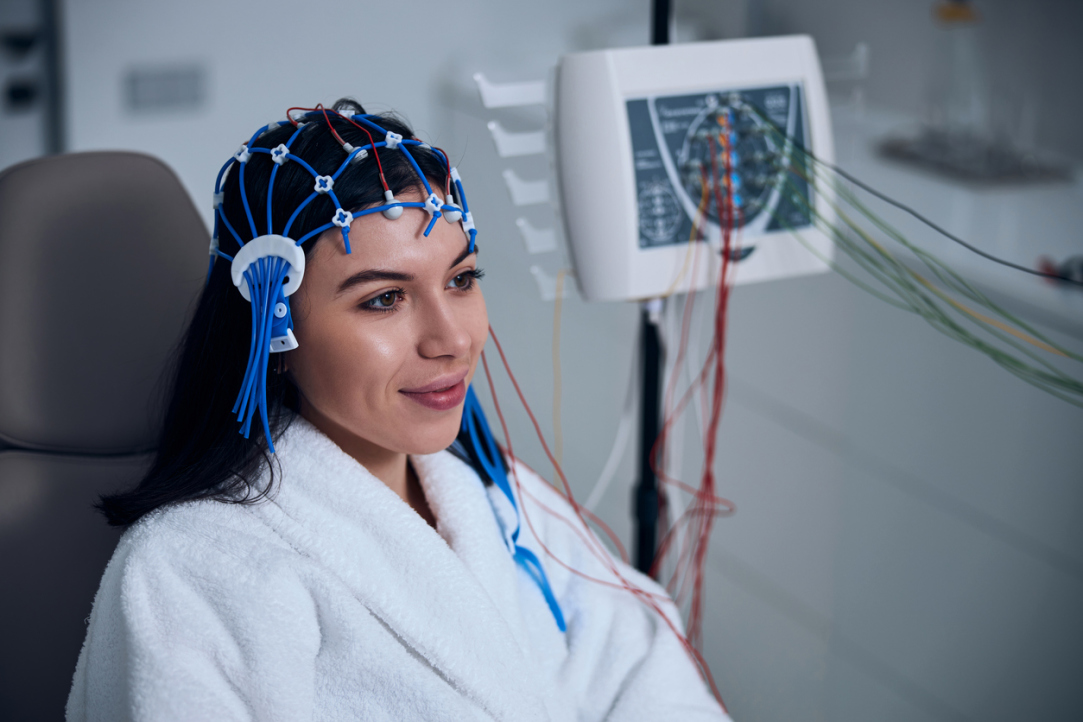
Researcher at HSE University in Perm Predicts Electricity Consumption in Residential Buildings
Aleksey Kychkin, Associate Professor in the Department of Information Technologies in Business at HSE University in Perm, together with Georgios Chasparis, a scientist at the Software Competence Center Hagenberg (SCCH, Austria), built models to predict energy consumption in residential buildings for the day ahead. The electricity consumption profile of a group of residential buildings, which is determined for the day ahead, will allow electricity demand to be effectively managed. The results of the research were published in ‘Energy and Buildings’journal.

Researchers Propose Carbon Debt System to Combat Global Warming
An international team of researchers, including Artem Baklanov, Research Fellow of the International Laboratory of Game Theory and Decision Making, HSE University, has proposed treating greenhouse gas emissions as financial debt in a new research article published in Nature. This approach could provide immediate economic incentives for enterprises to begin mitigating the harmful effects of their business activities.

Higher Education and State-building: Methaphors of Universities Revisited
How has higher education influenced the evolution of nations since the Second World War—and vice versa? Stanford professor Mitchell Stevens and Institute of Education researcher Ekaterina Shibanova have tried to answer this question in a special issue of the European Journal of Higher Education. They invited renowned historians, political experts, sociologists and economists to develop ‘a consensus on the role of higher education in political and social history after 1945.’ The special issue was created with input from researchers from Canada, Luxembourg, Russia, Germany, France, the UK, and Sweden.

Setting Personal Boundaries in the Age of ‘New Ethics’
Psychologists acknowledge that there is no longer any public consensus on gender relations and issues. The HSE Media Practices Centre held a training session on ‘How to Find Common Ground with People Living in the New Ethical Reality,’ in which experts discussed key elements of ‘new ethics’ and their influence on social relationships.

Readiness to Punish Others for Selfish Behaviour Explained by Functional Brain Connections
The stronger the functional brain connections, the less inclined someone is to punish others for unfair behaviour. This conclusion was reached by HSE researchers following a neuroimaging experiment. Their paper ‘Wired to punish? Electroencephalographic study of the resting-state neuronal oscillations underlying third-party punishment’ was published in the journal Neuroscience.

CPD Training of Staff Boosts Self-confidence
There is a significant psychological effect of continuing professional development programmes, i.e. people feel more confident in solving problems. After training, employees note that they cope better with tasks both at work and home.

Wonderful Lanthanides: Researchers Systematize Global Data on the Properties of Rare-Earth Metals
Yury Belousov, Associate Professor at the HSE Faculty of Chemistry, joined his colleagues from Moscow State University, Lebedev Physical Institute, and the University of Camerino, Italy, to work on a review, in which they compared and analysed over 200 lanthanide azolecarboxylates. The scholars were the first to systematize the scattered published information in a single source, which will be useful for technology developments in electronics, metallurgy and nuclear medicine, as well as in the chemical and nuclear industries. The review was published in Coordination Chemistry Reviews.

Researchers Come Up with a New Explanation of Processes that Underlie Working Memory
Researchers from the HSE Centre for Cognition & Decision Making have developed a computational model of working memory and demonstrated the stabilizing effect of gamma oscillations, as well as the importance of fast interaction between the model components. The study results have the potential to become part of a theoretical basis for experiments on improving working memory functions with non-invasive brain stimulation. The study was published in Frontiers in Neural Circuits .

‘If We Can’t Prevent the Robot Invasion, We Should Lead It’
The induction of the MuseNet deep neural network into the Russian Union of Composers in April 2021 has interesting implications—will artificial intelligence edge live performers out of their profession? Evgenia Evpak, composer, teacher at the HSE Faculty of Communications, Media, and Design and graduate of the HSE ISSEK Master’s programme in Governance of Science, Technology and Innovation, believes that humans still have a future in the music industry.

HSE Researchers Discover Nucleotide Sequence Responsible for Effectively Fighting Pathologies
Researchers from HSE University have discovered nucleotide sequences characteristic of microRNA isoforms (microRNAs with errors). The discovery will help predict errors in microRNA behaviour and create drugs that can detect targets (such as viruses) more effectively. The results of the study have been published in the RNA Biology journal.

